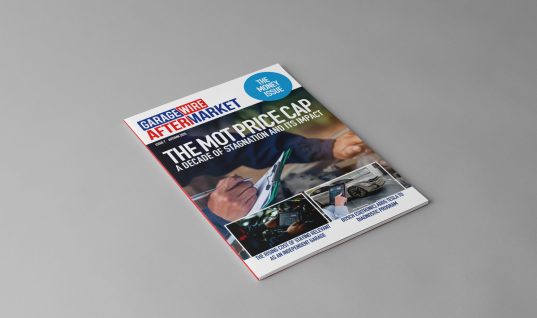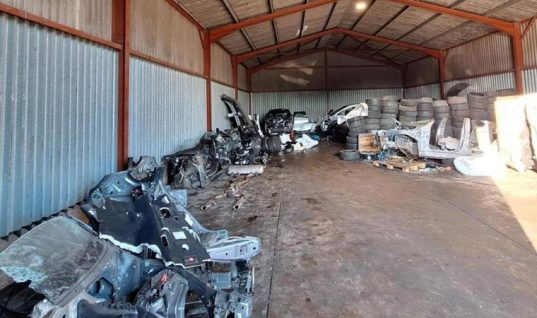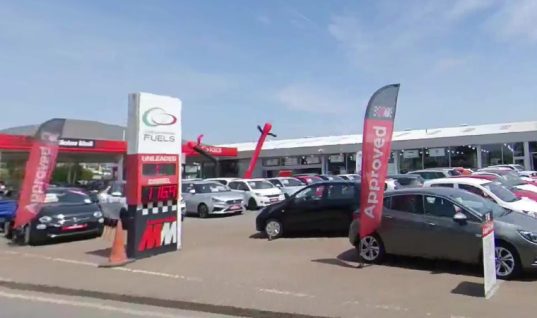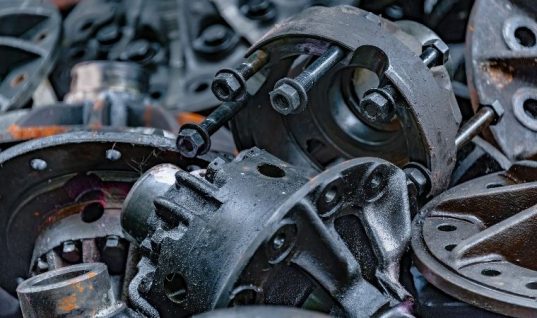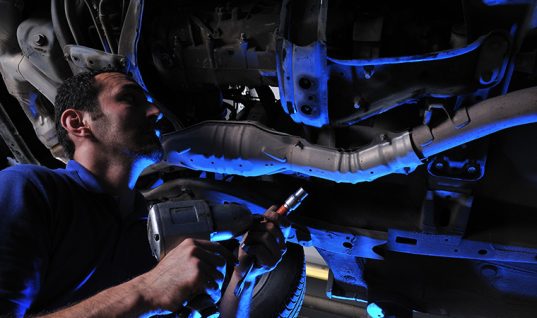A number of recent events have brought to light concerns surrounding courtesy cars and accident management services in the UK. A motorist, Paul Smith, has accused corporate fleet firm Auxillis of providing him with unsafe courtesy vehicles. After his Audi Q2 was damaged, he received a Cupra Formentor with alleged brake issues that nearly caused a motorway collision.
His complaints were initially met with resistance, and a replacement Formentor provided by Auxillis was reportedly already damaged and also had brake problems, as confirmed by an RAC mechanic. Auxillis subsequently terminated his rental agreement, leaving him without a vehicle. Mr. Smith has lodged a complaint with Auxillis and informed his insurer, Elephant, which is now investigating the matter.
Separately, an AA member, from York, experienced considerable difficulties with AA Accident Assist after a collision. Despite promises of immediate recovery, quick repair assessment, and a courtesy car, the vehicle was held in storage for days, the assessment was delayed, and no courtesy car materialised.
The driver was then billed nearly £1,000 in cancellation and storage fees when attempting to retrieve the vehicle. Following an intervention, the AA acknowledged an “incorrectly itemised invoice” and agreed to reimburse a portion of the charges, but RB remains out of pocket and has escalated the complaint to the Financial Ombudsman Service.
These incidents underscore a broader shift in the availability of courtesy cars. David Bartlett, Head of Accident Management at AA Business Services, notes that the “days of being guaranteed a courtesy car… are largely behind us.”
Global factors like the Covid-19 pandemic, the war in Ukraine, and ongoing supply chain challenges have led to increased costs for hire car providers, affecting vehicle availability and pushing up rental and new/used car prices. Repairers face difficulties in maintaining large courtesy car fleets due to rising costs and extensive parts delays. Some insurers are reportedly writing off repairable cars to avoid courtesy car provision expenses. The demand for electric vehicle (EV) courtesy cars also poses a challenge due to their cost and charging infrastructure requirements.
Bartlett advises fleets to proactively manage their accident programmes, analyse their accident history, and develop contingency plans for vehicle downtime. He suggests updating company car policies to inform drivers of alternatives to courtesy cars, such as working from home, or implementing vehicle rotation for businesses reliant on their fleets.
He advocates for end-to-end accident management solutions to minimise disruption and maintain productivity. The evolving landscape necessitates adjusting expectations and adopting robust strategies to mitigate the impact of vehicle off-road incidents.
Sources: Fleet News / The Guardian / The Daily Mail


